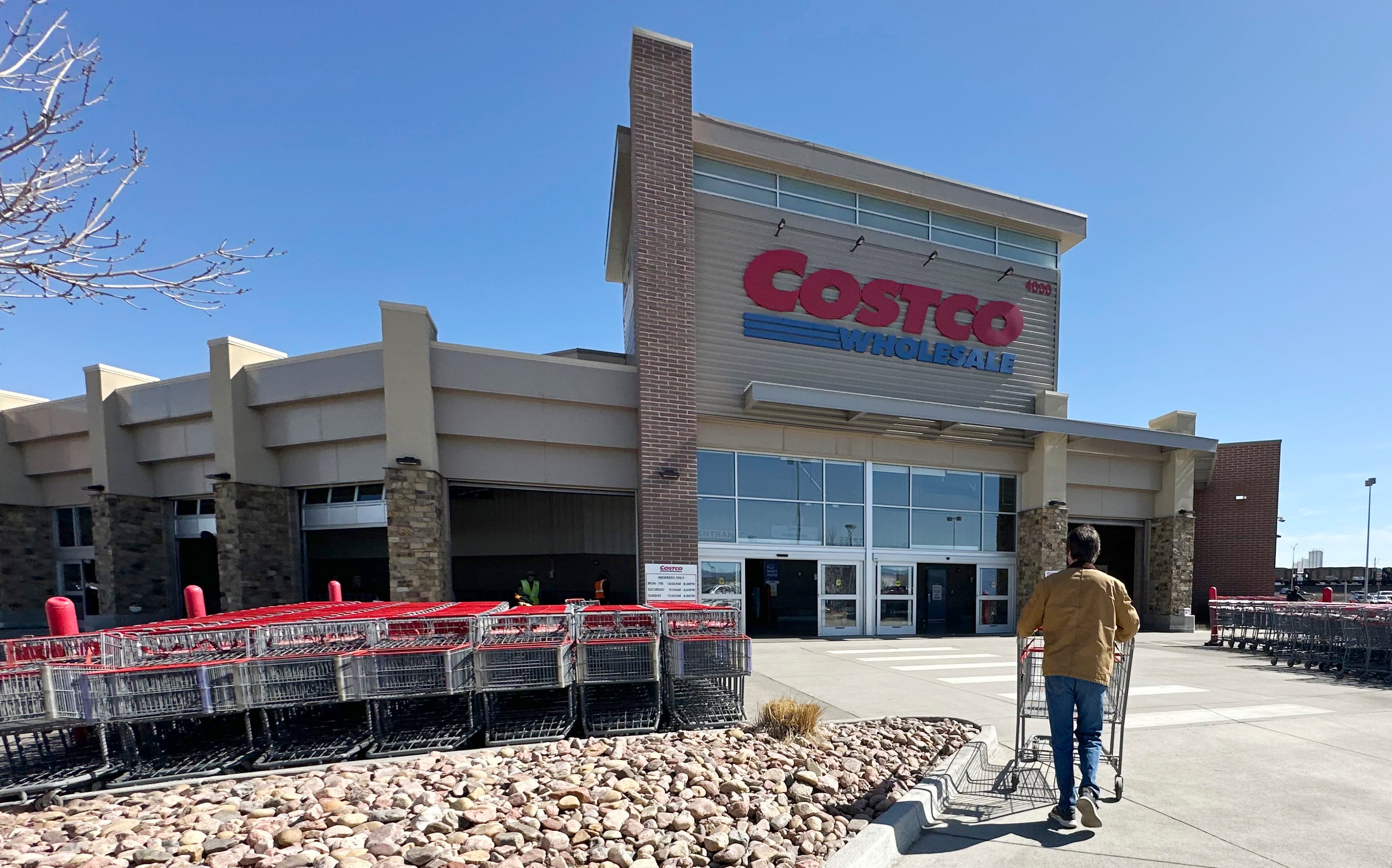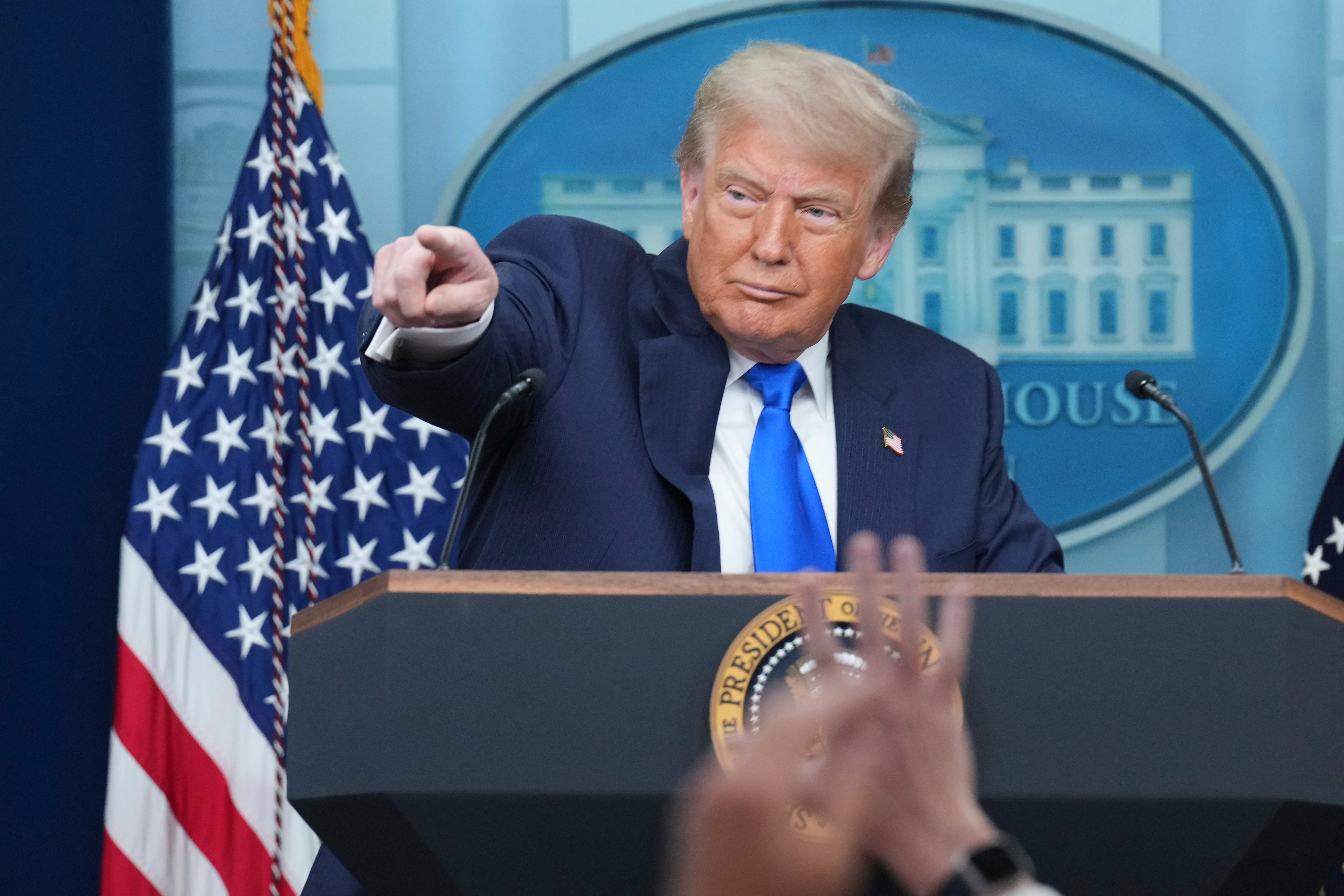The next two days will probably be some of the most important in Mark Zuckerberg’s professional life. Lawmakers are readying to question the Facebook CEO about the Cambridge Analytica scandal, which broke into the open last month and may have compromised the data of as many as 87 million platform users. In his [prepared](http://docs.house.gov/meetings/IF/IF00/20180411/108090/HHRG-115-IF00-Wstate-ZuckerbergM-20180411.pdf) opening statement, Zuckerberg conceded that the company “didn’t take a broad enough view of our responsibility, and that was a big mistake.” “It was my mistake, and I’m sorry.” His *mea culpa* may not find a sympathetic audience in Washington, though. “I think that lawmakers are probably going to be going for headlines,” said Aaron Pressman, Senior Technology Reporter at Fortune Magazine. “They’re probably [going to attack](https://cheddar.com/videos/what-would-a-successful-zuckerberg-testimony-look-like) more of the problems than [find] solutions.” To add to the high-stakes political minefield, lawmakers’ lines of questioning will inevitably run along party lines, said Ali Breland, technology and politics reporter at The Hill. “Going into it Democrats have already signaled that they’re going to be...a little bit more aggressive than Republicans,” said Breland. “[On the Republican side] there will be some outliers...where people kind of go back to the sort of conservative bias that Facebook has been accused of having.” If Zuckerberg’s charm offensive works to keep the conversation focused around the ways the company has tried to combat the problem, “that would be a big win for Facebook,” said Pressman. Facebook recently announced a slew of changes to its privacy policies and data protections, including reducing the amount of information that app developers have access to and verifying entities that want to run political ads on the platform. The hearings could hint at the kinds of regulations, if any, the government may usher in for the social media company going forward, which would ultimately impact Facebook’s bottom line and investor confidence. Tune in to Cheddar Tuesday and Wednesday for live coverage of Zuckerberg’s hearings. For the full interview, [click here](https://cheddar.com/videos/what-to-expect-at-zuckerbergs-capitol-hill-hearing).












